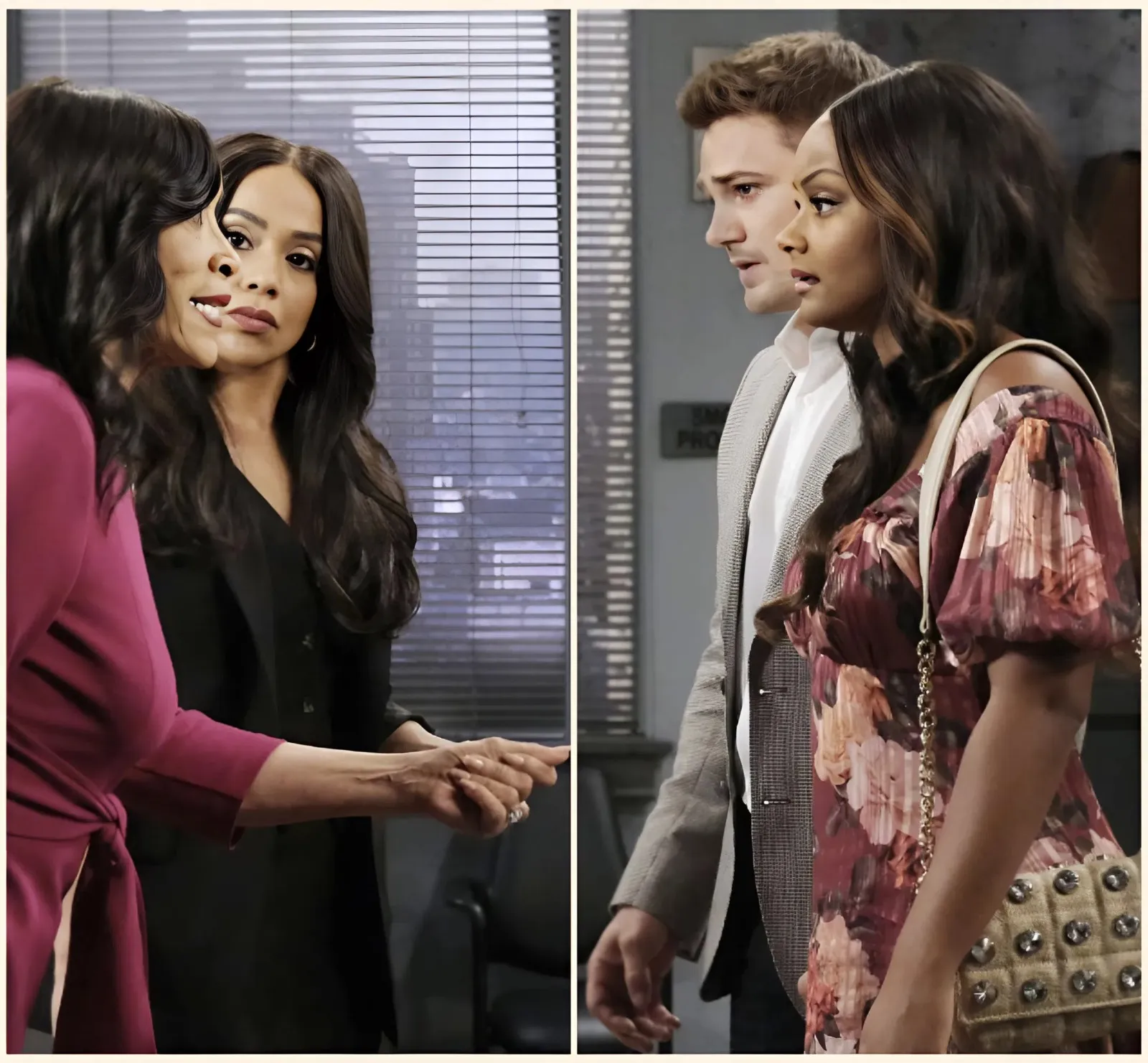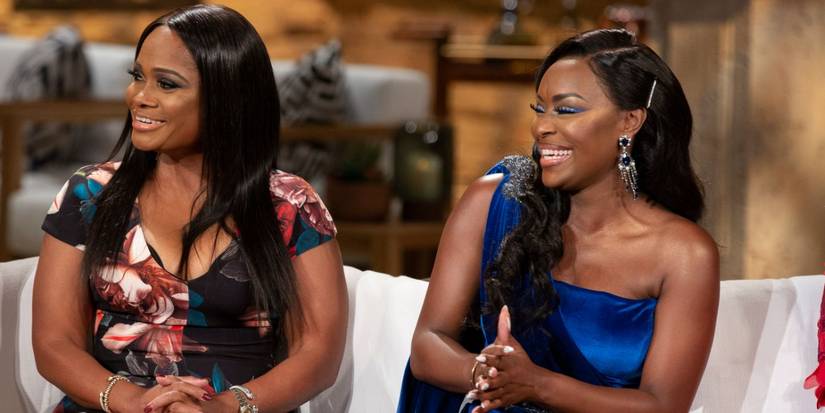
Warning: There are spoilers for The Last of Us seasons one and two as well as The Last of Us: Part I and II.
Maybe the expectations were too high.
Maybe a TV adaptation of one of the most controversial games in recent history didn’t stand a chance, and this show was always destined to share the same turbulent fate as its source material. Maybe expecting “The Last of Us” season two to somehow unite a heavily divided fanbase while still remaining faithful to the source material was a death sentence waiting to happen.
Regardless, I was disappointed by the aftermath.
With a universally beloved first season, it was hard to see how its successor could go wrong. Although season one changed many aspects of the source material’s plot points, fans of both the show and the game believed the adaptation to be faithful and respectful to the original story. Every change, big and small, elevated both the overarching narrative and character development, with the understanding that some elements of the game wouldn’t function in the medium of television.
A stellar example of these broadstroke changes is Bill (Nick Offerman, “Mission: Impossible — The Final Reckoning”) and Frank’s (Murray Bartlett, “The White Lotus”) love story, a beloved original addition to the show. Even though this was a large step away from the source material, this new inclusion allowed for the story’s overarching theme of love and hope to permeate through more subplots, strengthening the core of the game’s message.
The show continued making bold changes in the same fashion: taking themes at the center of The Last of Us video game and making tweaks to positively impact the new narrative format. Essentially, “The Last of Us” season one became the blueprint for a perfect video game adaptation by making meaningful changes to the source material without damaging the essence of the original story.
I expected season two to be no different. In fact, the second season held boundless potential as an adaptation that could improve upon its source material, given the game’s reception to material.
The Last of Us: Part II is about two women’s desire for revenge and the destruction that this desire causes. Since its release, Part II has been one of the most divisive games of all time, being simultaneously vilified and adored by thousands.
The sequel strays quite far from the original narrative of its predecessor, both thematically and through its protagonists. In the first game, we play as Joel Miller, a smuggler tasked with taking a potential cure for the Infection across the country. Only the cure isn’t a vaccine or a probiotic — it’s a young girl immune to the Infection. Joel and Ellie build a strong familial bond that is tested once it is revealed that creating the cure would kill Ellie in the process. Choosing between saving the world or saving his newfound daughter, Joel kills everyone involved in the vaccine-making process, including the surgeon planning on operating on Ellie.
In the second game, Joel is abruptly and violently murdered by a group of strangers, with a woman named Abby as their leader. Unbeknownst to Joel or Ellie, Abby’s father was the surgeon murdered by Joel five years prior. In turn, Ellie succumbs to the same vindictive rage and becomes driven to find and kill Abby. A vicious cycle of violence consumes the two of them, causing the women to lose everyone they hold dear. At the same time, Abby and Ellie are in the middle of a warzone in Seattle, where two factions, the Wolves (Washington Liberation Front) and Scars (Seraphites), are massacring each other for land they both believe they lay claim to. Both the characters and the setting reflect how the only way to end the cycle of violence is to walk away from it.
Many critics cite the strange pacing, Ellie’s character arc, Abby’s character and, of course, Joel’s untimely death as the sources of its failure. In stark contrast, many fans of the game praise the bold risks the story took to tackle themes of empathy, violence and forgiveness.
After seeing the legacy of Part II, “The Last of Us” season two had the potential to do something groundbreaking: taking what worked in the original game and tweaking what clearly didn’t. They could preserve and even expand the game’s risks while adjusting the pacing or plot structure. The show could have used this opportunity as a second draft to an infamously daring yet flawed narrative.
So, how does season two handle this story?
Like the previous season, the show holds a similar overarching narrative to its source material, but here, there is a bizarre amount of miscalculated and cowardly changes that actively hurt the story’s plot, characters and themes. Where season one had a clear reverence and understanding of its source material, season two appears ashamed by it.
Rather than tackling the controversies of the original games head-on, the adaptation runs away from any nuance introduced in the narrative. Abby (Kaitlyn Dever, “Apple Cider Vinegar”) and Ellie (Bella Ramsey, “Villain”) bear the brunt of this impact. As two morally complex characters in the original narrative, the two are now scrubbed clean of their ambiguity.
Abby, a pivotal figure in the second game, is a woman solely fueled by revenge. Her introduction in the game is a strategically brutal one when she beats Joel to death during one of her first scenes. Players are primed to view Abby as a remorseless monster, but the game challenges these initial perceptions over and over again as the story progresses and takes on Abby’s perspective. The game’s ultimate hope was to force players to empathize with Abby in spite of her previous barbarity (however, the game’s success in doing so is … contentious).
In the show, the viewers are not put in the same moral quandary. As if the showrunners do not trust its audience to think critically, “The Last of Us” season two spinelessly removes all opportunity to misunderstand or dislike Abby. Now, episode one introduces Abby with tears in her eyes; the second episode has her accidentally start an avalanche through her clumsiness; and the show even gives her a teary villain monologue before she kills Joel, spoonfeeding the audience her motivations.
This bizarre change fundamentally misunderstands what the game was trying to accomplish with the character. Abby is the manifestation of the game’s ultimate question: Can we forgive someone we hate? This new iteration is terrified of asking the same question, and instead, desperately ensures that we won’t hate her at all.
Unfortunately, the same can be said for Ellie.
One of the reasons Part II was so controversial is due to Ellie’s transformation from the young, optimistic girl in Part I to a cold-hearted, merciless killer. Regardless of fans’ perceptions of this choice, the game forces its players to witness the brutal decline of Ellie’s morality as she systematically murders Abby’s friends. With each death, Ellie’s moral ambiguity chips away until her behavior is unforgivable.
In this new version of the story, Ellie’s moral ambiguity is a spectre of its original form. In the game, Joel’s death embeds itself into Ellie’s mind like a permanent brand, and she becomes overtaken by an intense drive to kill Abby. In the show, Ellie still witnesses the murder and grieves for her surrogate father’s loss, but any evidence of moral depravity is shown through words, not actions.
The majority of the season depicts Ellie as the exact same character from season one. Although she says she wants to kill Abby by any means necessary, Ellie spends a large portion of the show acting aloof and carefree with Dina, cracking jokes and fawning over her crush. It’s only when the script can no longer avoid Ellie’s plot-pushing violence that she is more reminiscent of her video game counterpart. After much time avoiding it, the show is eventually forced to portray Ellie killing Abby’s friends.
Although the scenes are superficially similar to the game, they hold absolutely no water. The show’s lack of dedication toward Ellie’s decline makes these scenes come almost out of nowhere. Worst of all, Ellie’s victims are portrayed not as targets crossed out on a hit list, but as casualties instead. This tone-deaf choice removes all agency from Ellie in her worst moments; it forgives her of her sins.
The writers have sanitized the original plot to maintain Ellie’s morally unambiguous character. Instead of working within the core elements of the game, they’ve censored its original themes in the hopes of placating everyone. Instead, the show pleases no one.
However, it would be unfair to call this new season a complete failure in spite of the many issues I see with it. I still believe there are some shining moments in the series.
The show’s choice to implement an avalanche of zombies to attack the Jackson stronghold was brilliant. It was a bold way to start the season and remind the audience of the extreme threat Infected pose to the community. Other Infected scenes, like in the bus station and grocery store, succeeded perfectly in creating a tense and threatening atmosphere. Additionally, Jeffery Wright’s depiction of Isaac was terrifying, and the violence between the Scars and the Wolves were some of the most intense and stomach-churning scenes I’ve watched in a long time, constantly keeping me on the edge of my seat. Ramsey continued to impress, making me cry almost four times during the show from their sheer talent, regardless of the spotty dialogue they made them say.
So perhaps the title of this review is misleading. Divorced from its source material, “The Last of Us” season two is … fine. A little stilted at times, with poor dialogue and strange pacing, but ultimately inoffensive. However, when considering its identity as an adaptation, that fragile facade falls apart. The season feels like a cheap counterfeit: a soulless, watered-down version of a game with a vision. I can’t say I’ll ever watch season two again, but at least it has helped me reflect on The Last of Us: Part II in a kinder, more forgiving light.
Although I’m walking away from this series with a lot of frustration and shattered hopes, I’ll always appreciate its attempt to bring the story from the video game to a new audience. And who knows, maybe season three will learn from its mistakes. Maybe season three will make the right choices.



